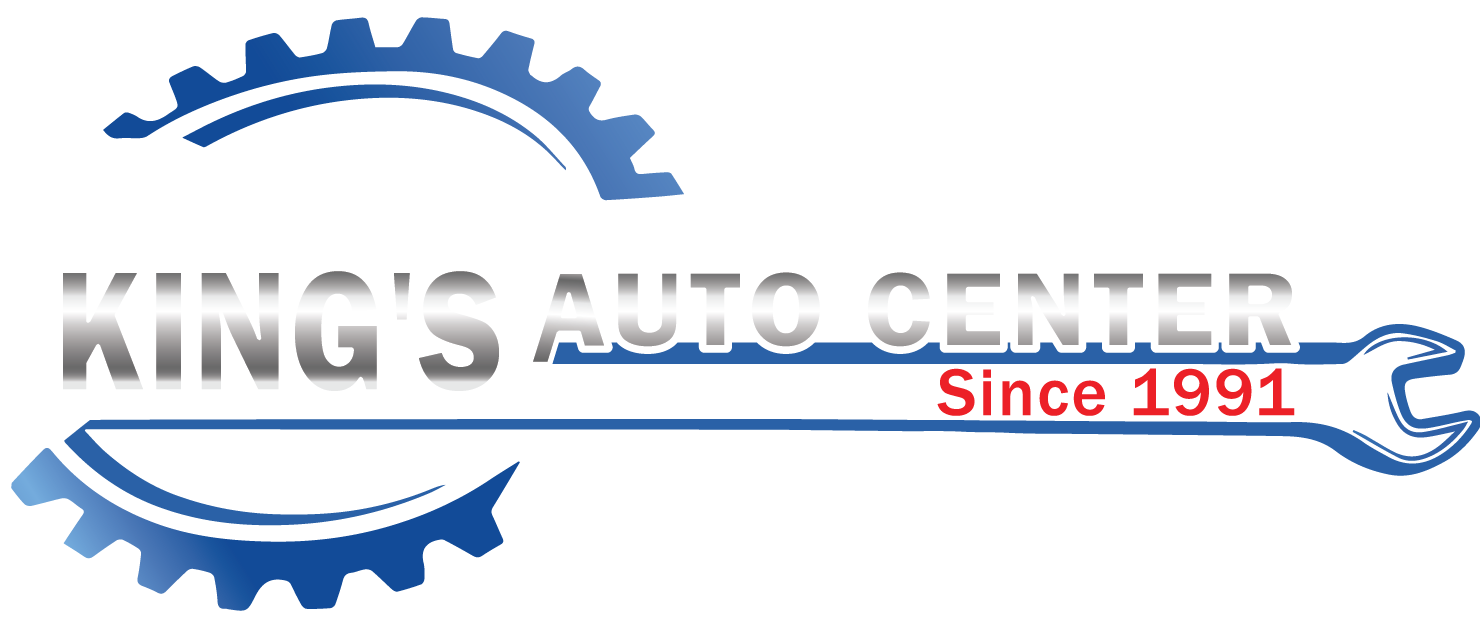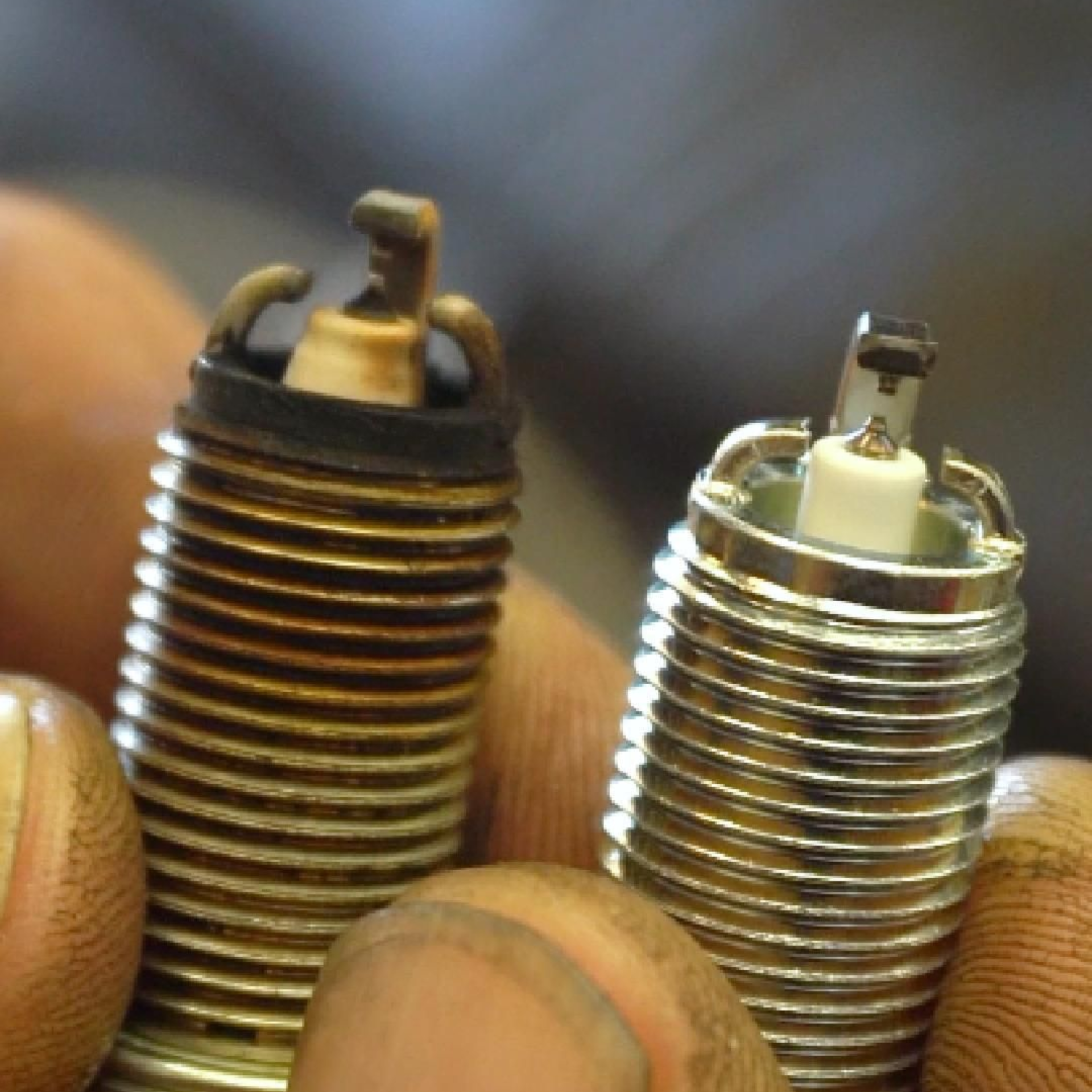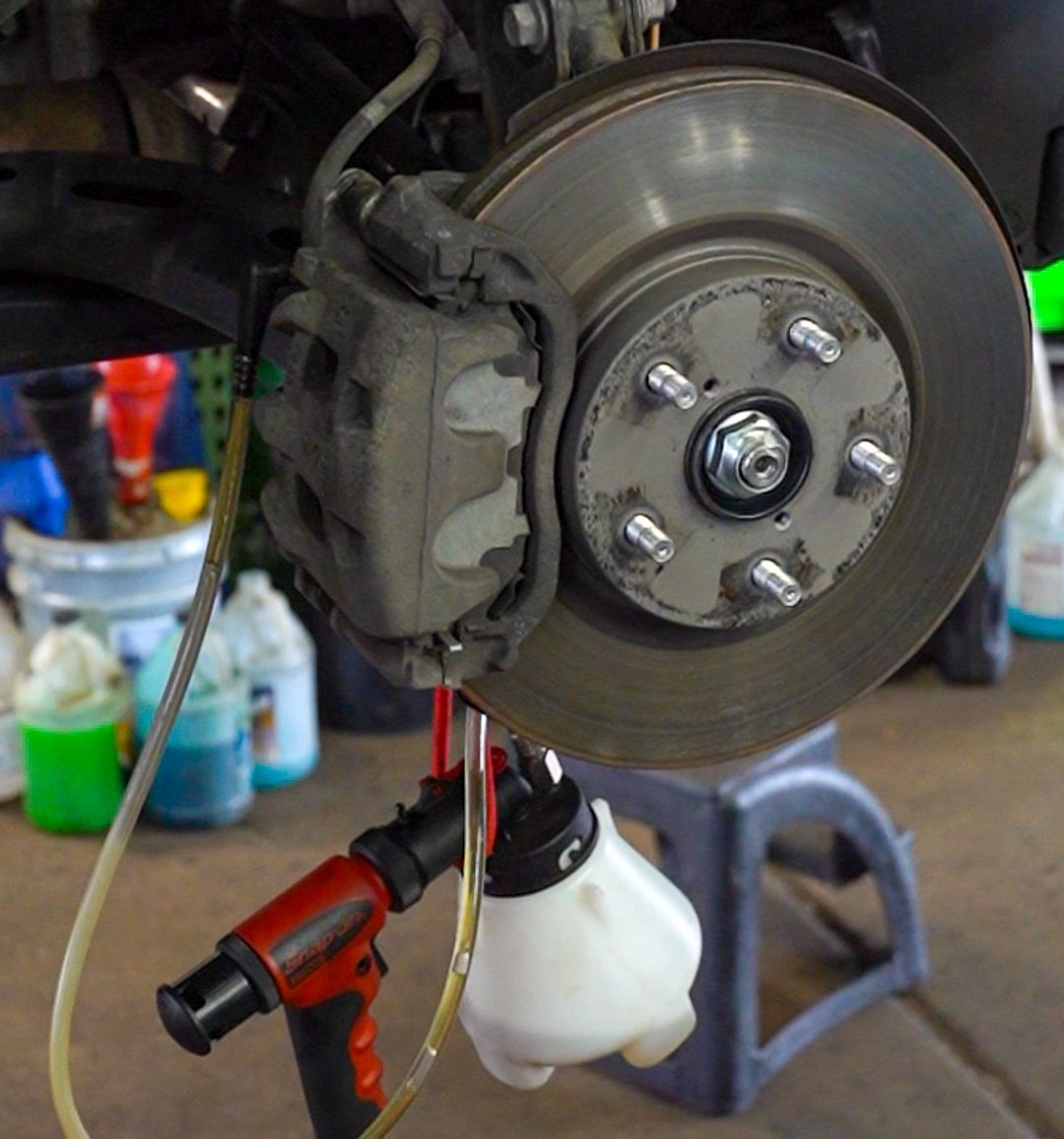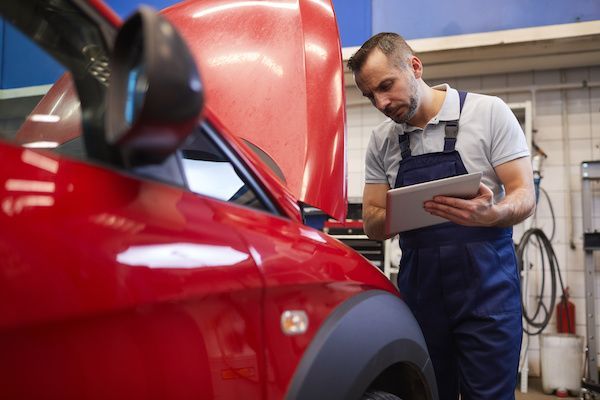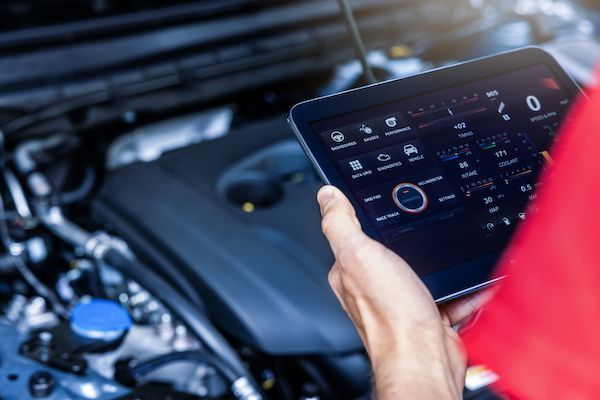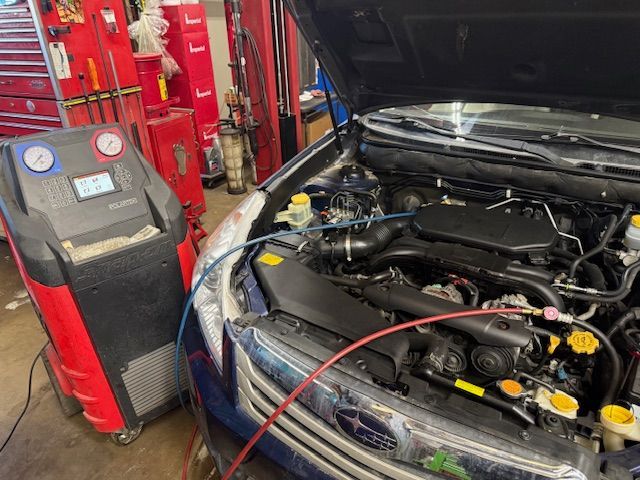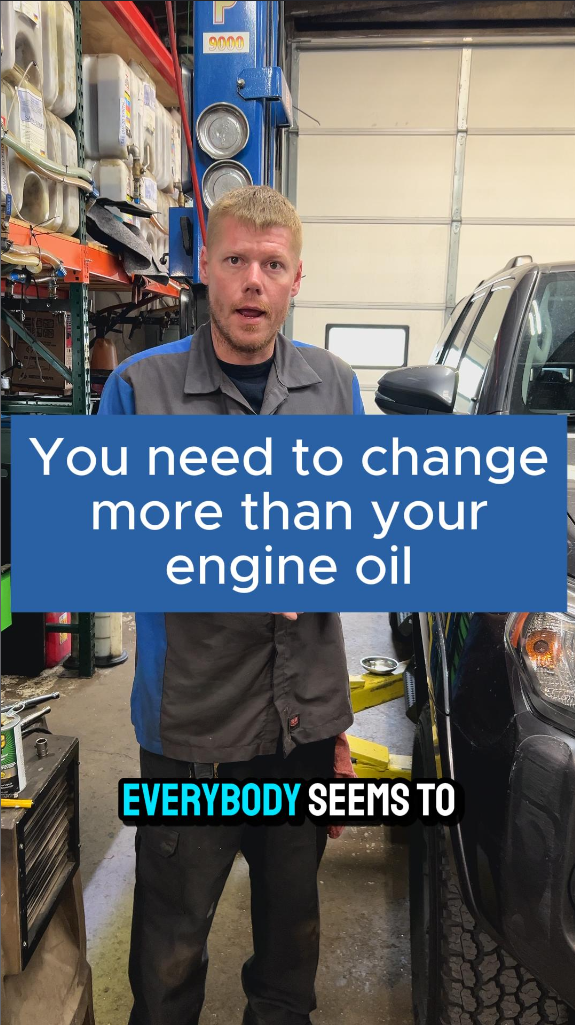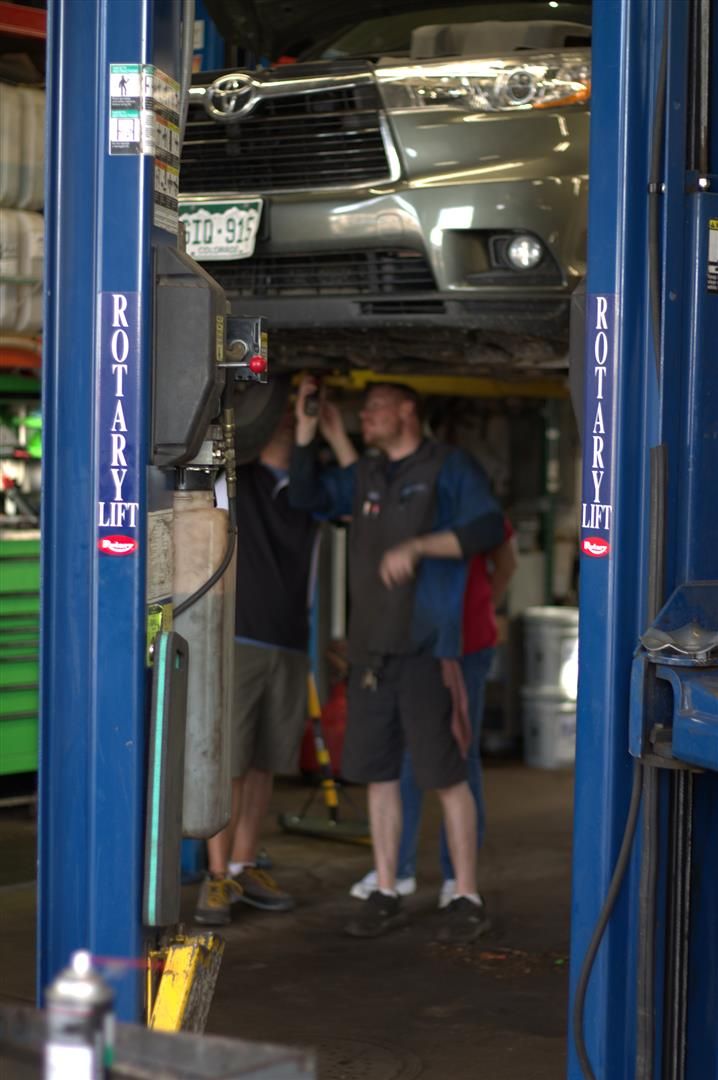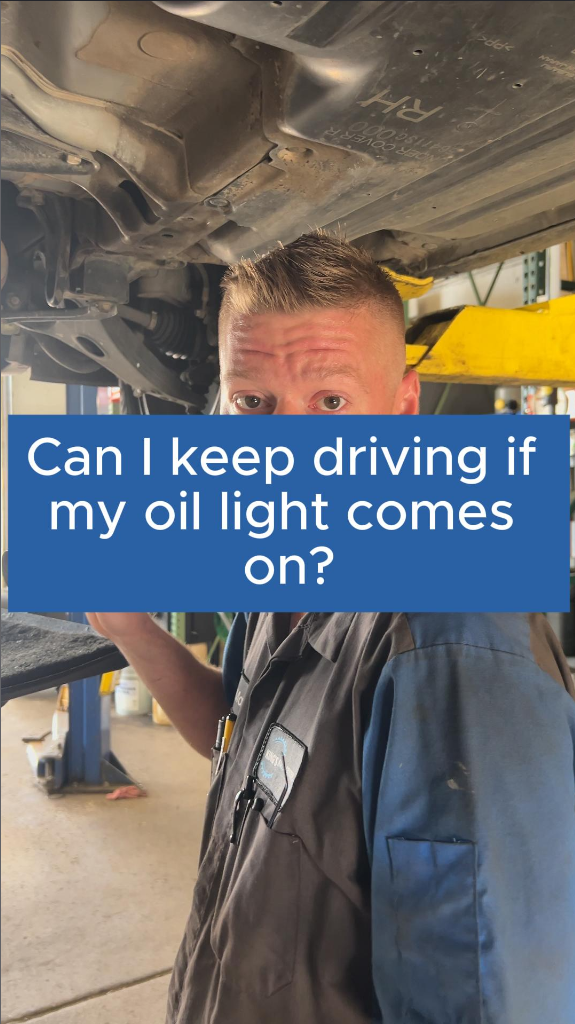Do I Need Walnut Blasting? What Carbon Buildup Means for Your Engine
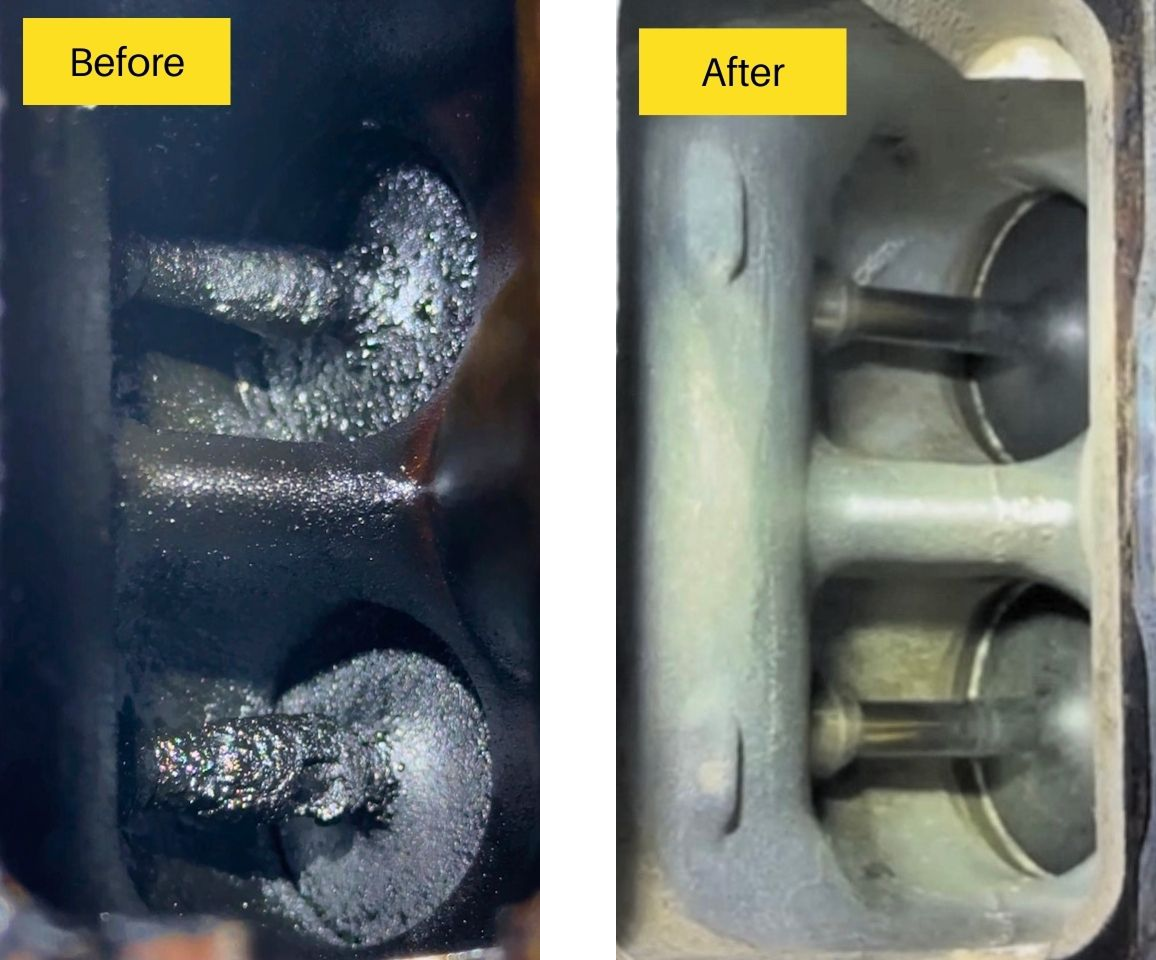
If you drive a vehicle made in the last decade or so, there’s a good chance it uses direct injection technology. It’s efficient, powerful, and great for fuel economy. But there’s one downside most drivers don’t know about: carbon buildup on the intake valves.
This buildup can lead to rough idling, engine misfires, poor performance, and lower gas mileage. The solution? A service known as walnut blasting. It’s something we offer here at King’s Auto Center in Fort Collins, and it’s one of the most effective ways to clean up your engine and bring back lost performance.
Let’s walk through what this service does, why modern engines need it, and how to know if your car might be due.
What Is Direct Injection and Why It Causes Carbon Buildup
In traditional engines, fuel was sprayed into the intake port, right behind the intake valves. That spray helped keep the valves clean because the fuel acted like a natural cleaner every time the engine ran.
Modern direct injection engines are different. They spray fuel directly into the combustion chamber. That improves power and fuel efficiency, but it also skips over the intake valves entirely. Without that fuel spray hitting the valves, carbon deposits start to form and over time, they build up enough to cause real problems.
Signs Your Engine Has Carbon Buildup
Most drivers don’t know they have carbon buildup until symptoms start showing up. If your car is doing any of the following, it’s worth getting checked out:
- Rough or shaky idle
- Slower acceleration than usual
- Decreased fuel efficiency
- Engine misfires, especially when starting
- Check engine light coming on
- Hesitation while driving, especially uphill or under load
These signs tend to show up gradually. Many drivers start noticing them between 30,000 and 70,000 miles, depending on how the car is driven and maintained.
Why Induction Cleanings Aren’t Always Enough
Some shops offer induction services, which involve spraying a cleaning chemical into the intake system. These can be helpful, especially when done regularly, but they often aren’t strong enough to break down heavy carbon deposits.
If the buildup is advanced, a deeper clean is needed. That’s where walnut blasting comes in.
What Is Walnut Blasting?
Walnut blasting is a cleaning process where finely crushed walnut shells are used to clean the intake valves. A special machine blasts the walnut material onto the valves, while a vacuum removes the loosened debris. The walnut shells are tough enough to remove carbon but gentle enough that they won’t damage any engine parts.
Here’s why it works:
- Safe for your engine: Walnut shells clean the valves without harming metal surfaces.
- Powerful cleaning: It removes buildup that chemical sprays can’t reach.
- Minimal disassembly: We only remove the intake manifold to access and clean the valves.
- Time-saving process: Our equipment blasts and vacuums at the same time, which means faster service and lower labor costs.
We recently upgraded our walnut blasting setup at King’s Auto Center. The new system helps us clean more efficiently, which cuts down on the time and cost for our customers. Typically by about 30 percent.
What to Expect During a Walnut Blasting Service
Wondering what the process looks like in the shop? Here’s a quick rundown of what we do:
- Remove the intake manifold to access the valves.
- Inspect the carbon buildup and document it, often with before-and-after photos.
- Perform the walnut blasting, one valve at a time.
- Vacuum the debris to keep the area clean and prevent clogging.
- Reassemble everything and perform a final inspection to make sure the engine is sealed and ready to go.
When Should You Schedule Walnut Blasting?
Walnut blasting isn’t something you need every year. But if your car has over 40,000 miles and is showing any of the symptoms we listed earlier, it’s a good time to have your intake system checked out.
Once your valves are clean, regular induction cleanings every 15,000 to 30,000 miles can help prevent buildup from returning.
Which Cars Use Direct Injection?
Direct injection is used in a wide range of modern vehicles. It became common around 2008 and is now the standard for most manufacturers. If your car is less than 12 years old, there’s a strong chance it has a direct injection engine, especially if it’s turbocharged or marketed as fuel efficient.
Here are some common makes and models that use direct injection and are more likely to develop carbon buildup:
vehicles that commonly use direct injection:
- BMW: Most models from 2007 and newer, including the 3 Series, 5 Series, X3, and X5
- Audi & Volkswagen: A4, A6, Jetta, GTI, and Tiguan from 2008 onward
- Ford: EcoBoost engines in the Escape, Fusion, F-150, and Explorer
- Chevy, GMC, Cadillac: Equinox, Traverse, Sierra, Acadia, ATS (2010+)
- Hyundai & Kia: Sonata, Elantra, Santa Fe, and Sorento (2011+)
- Mazda: SkyActiv engines in the Mazda3, Mazda6, and CX-5
- Toyota: Camry, Highlander, and other models with D-4S engines
- Honda: Turbocharged 1.5T and 2.0T engines in the Civic, Accord, and CR-V
- Subaru: FA20 and FA24 engines and other direct injection setups from 2012 onward
Not sure if your vehicle uses direct injection? Give us a call! We’re happy to check and point you in the right direction.
Why Drivers in Fort Collins Choose King’s Auto Center
We’ve been serving the Fort Collins community for decades, and we take pride in offering honest, high-quality service with a local touch. When it comes to carbon buildup and engine cleaning, here’s what sets us apart:
- Specialized equipment that cleans thoroughly and efficiently
- Certified technicians with hands-on experience in direct injection systems
- Honest recommendations based on your vehicle’s actual condition
- Trusted local reputation built on years of great service and relationships
Book Your Walnut Blasting Service Today
If your car isn’t running the way it used to, or you just want to keep your engine in top shape, give us a call. We’ll inspect your intake system, walk you through the condition of your valves, and let you know whether walnut blasting is the right move.
You’ll leave with restored performance, better fuel economy, and peace of mind knowing your engine is breathing clean again.
